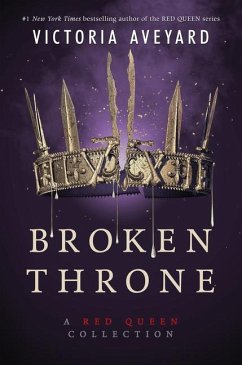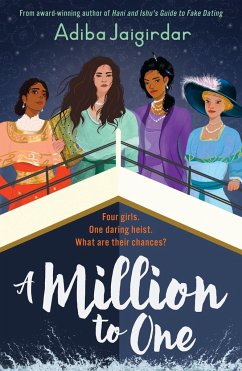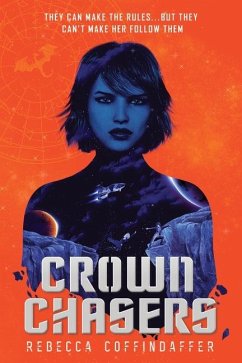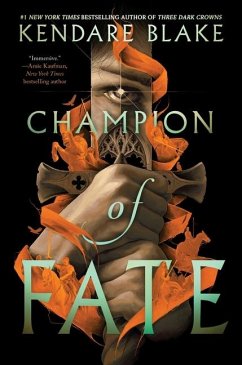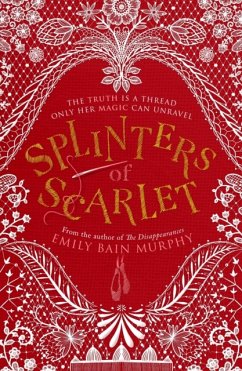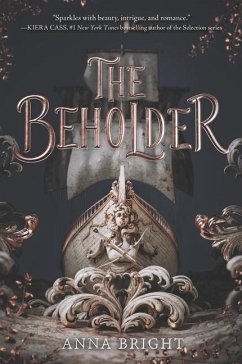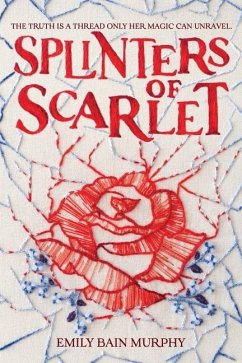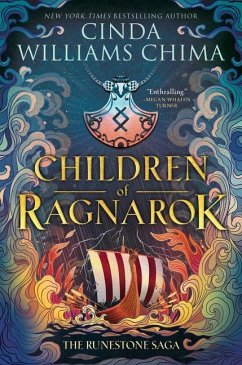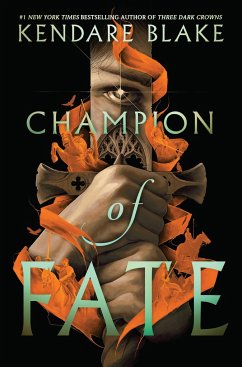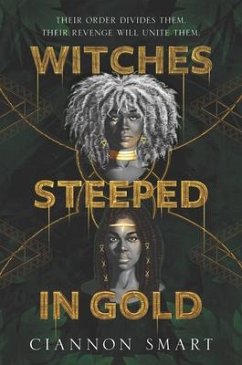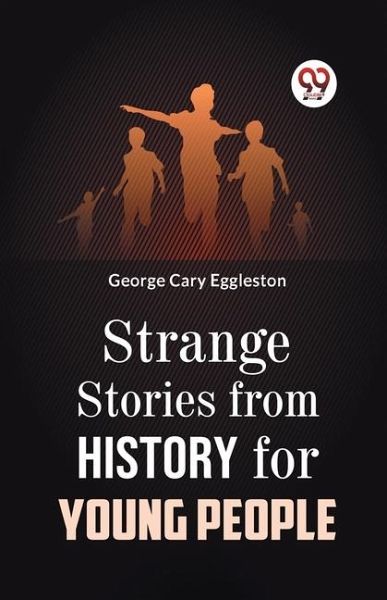
STRANGE STORIES FROM HISTORY FOR YOUNG PEOPLE
Versandkostenfrei!
Versandfertig in 1-2 Wochen
13,99 €
inkl. MwSt.
Weitere Ausgaben:

PAYBACK Punkte
7 °P sammeln!
"Strange Stories from History for Young People," by George Cary Eggleston, is a captivating collection of historical tales aimed at a young audience. This work of literature is a compilation of uncommon and enjoyable anecdotes from various eras and cultures, offering a unique viewpoint on history. Eggleston's story transports readers through time, exposing lesser-known stories that have made an influence on history. From ancient civilizations to more recent occurrences, the book highlights a diverse range of characters and events that have had unanticipated effects on the world. Through vivid ...
"Strange Stories from History for Young People," by George Cary Eggleston, is a captivating collection of historical tales aimed at a young audience. This work of literature is a compilation of uncommon and enjoyable anecdotes from various eras and cultures, offering a unique viewpoint on history. Eggleston's story transports readers through time, exposing lesser-known stories that have made an influence on history. From ancient civilizations to more recent occurrences, the book highlights a diverse range of characters and events that have had unanticipated effects on the world. Through vivid narrative, Eggleston, who introduces young readers to extraordinary characters and events that would not be found in typical historical novels. The author intends to spark young minds' curiosity and an increased interest in history by highlighting these lesser-known instances.




